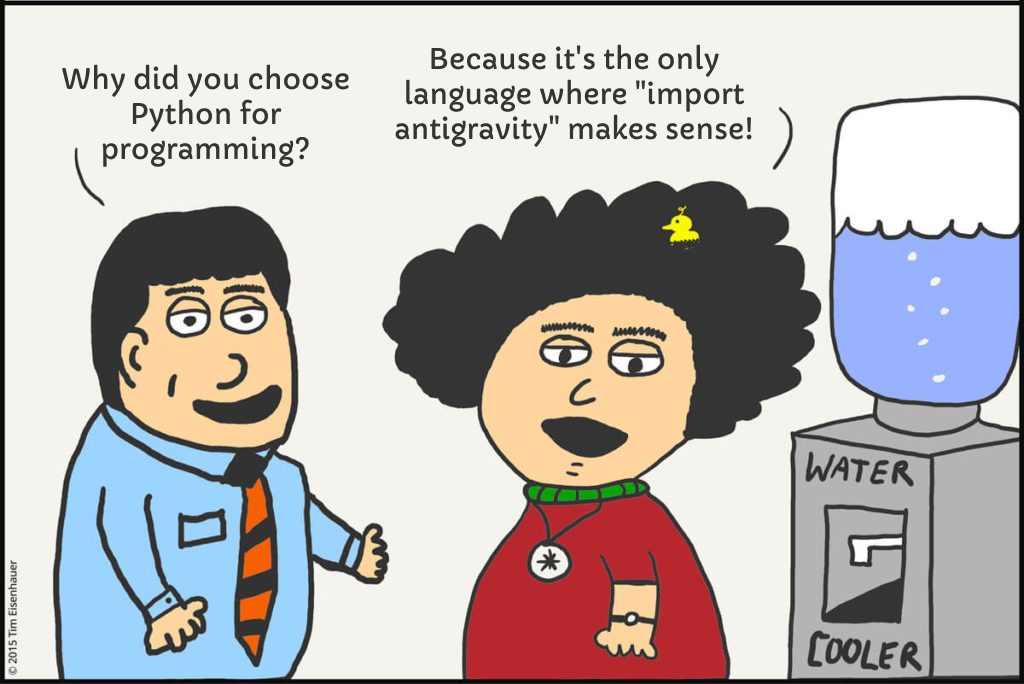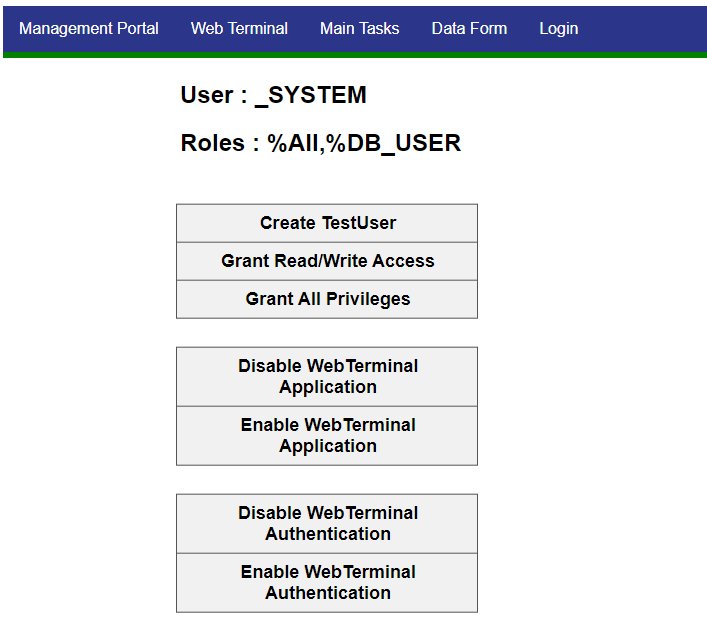Until a couple of days ago the most downloaded bookmark extension for VS Code, Bookmarks by Alessandro Fragnani, wasn't able to handle the isfs file references that the InterSystems ObjectScript extension uses when you are operating in a Studio-like way and editing classes & routines directly in a namespace.
In support of our efforts at George James Software to facilitate migration from Studio I raised the issue with Alessandro and helped him resolve the incompatibility.
.png)
.png)
.png)
.png)
.png)
.png)



.png)
